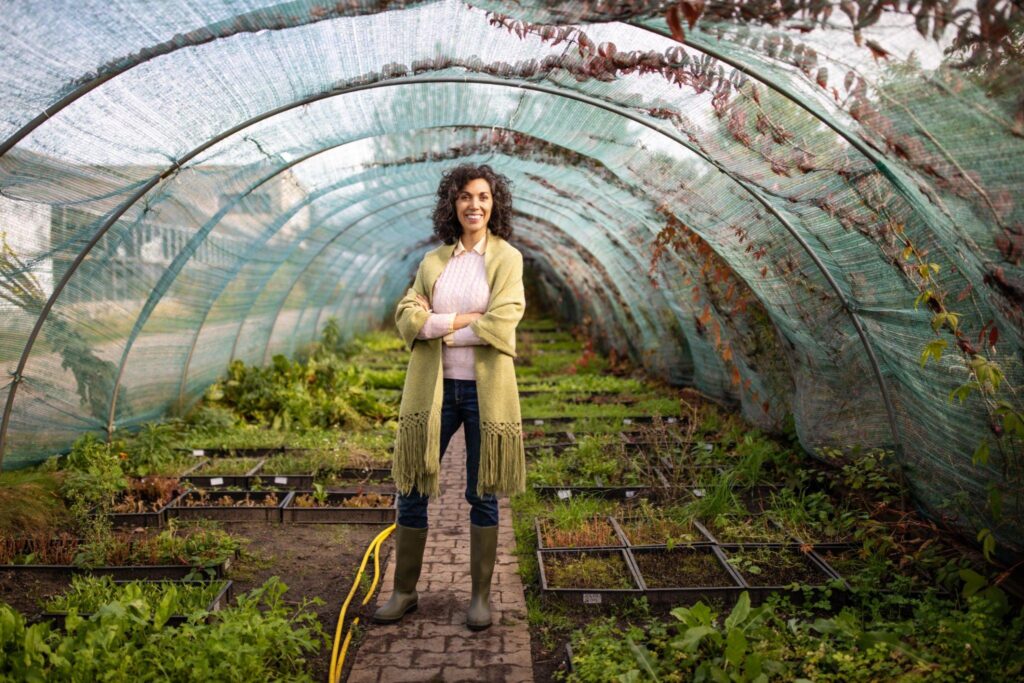Urban farming has been gaining popularity in recent years, with many people seeking to grow their own fresh produce in the midst of the city. Whether you have a small balcony, rooftop, or backyard, starting an urban farm is a great way to connect with nature and produce your own food while reducing your environmental impact. In this article, we’ll discuss how to start an urban farm and the benefits of growing your own food.
1. Choose Your Location
Before you start your urban farm, it’s important to choose the right location. Consider the amount of sunlight and access to water the area receives. If you don’t have a yard, consider a balcony or rooftop. Always seek permission from the property owner before starting your farm.
2. Plan Your Farm
The next step is to plan your urban farm. Consider what you want to grow, how much space you have, and what resources you’ll need. You can use raised beds or containers to maximize space. Make a list of all the materials you’ll need, such as soil, compost, and organic fertilizers.
3. Get Your Supplies
Once you’ve planned your urban farm, it’s time to gather your supplies. You can buy supplies from a garden center or online. Using organic soil and fertilizers is best to keep your produce healthy and free of chemicals.
4. Start Planting
Now it’s time to start planting. Follow the instructions on your seed packets or seedlings to determine the best time to plant. Make sure to water your plants regularly and keep an eye out for pests and diseases. Consider using natural pest control methods to avoid using chemicals.
Benefits of Growing Your Own Food
The benefits of urban farming are numerous. Here are just a few:
- Fresh Produce: When you grow your own food, you have access to fresh, healthy produce. You can pick your fruits and vegetables when they’re ripe, which means they’ll be more nutritious and flavorful.
- Environmental Benefits: Urban farming has several environmental benefits, including reducing carbon emissions and promoting biodiversity. Growing your own food also reduces the need for transportation, which means fewer emissions.
- Community Building: Urban farming can bring people together and promote community building. You can share your products with your neighbors, trade crops with other farmers, and even teach others how to grow their own food.
Read Our article Step By Step Guide To Growing Food In Your Yard or Garden.
Conclusion
Starting an urban farm can be a rewarding and sustainable way to produce your own food. By growing your own produce, you’ll have access to fresh, healthy food while reducing your environmental impact. Urban farming also promotes community building and is a great way to connect with nature in the city. Whether you have a small balcony or a large backyard, now is the perfect time to start your own urban farm.


